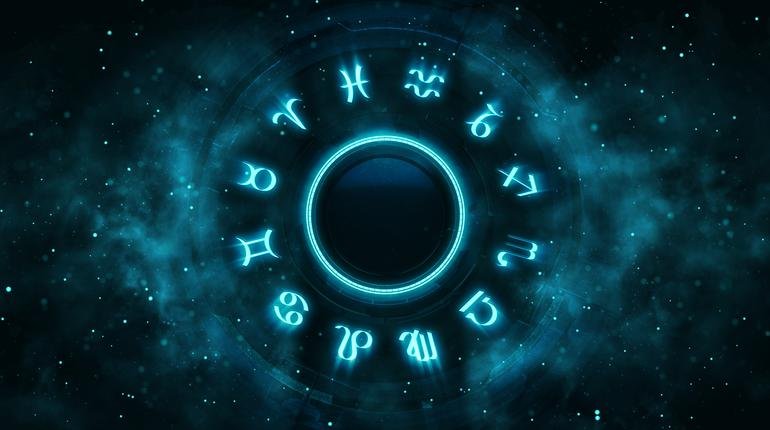Today’s Hindu calendar is filled with a variety of rituals, festivals, and auspicious occasions that hold great significance in the lives of millions of Hindus around the world. From daily prayers and offerings to elaborate ceremonies and celebrations, each day in the Hindu calendar is marked by a unique set of customs and traditions that help followers connect with their spiritual beliefs and values.
The Hindu calendar is a lunar calendar that is based on the cycles of the moon. It consists of 12 months, each with 30 days, and is divided into two halves: the bright half (Shukla Paksha) and the dark half (Krishna Paksha). Each month is named after a specific constellation or star, and each day is ruled by a specific deity or planet.
One of the most important aspects of the Hindu calendar is the observance of festivals and auspicious occasions. These events are celebrated with great fervor and devotion, and often involve elaborate rituals and ceremonies that are believed to bring blessings and prosperity to those who participate.
Some of the most popular festivals in the Hindu calendar include Diwali, the festival of lights, which celebrates the victory of good over evil; Holi, the festival of colors, which marks the arrival of spring; and Navratri, a nine-day festival dedicated to the worship of the goddess Durga.
In addition to festivals, the Hindu calendar also includes a number of auspicious occasions that are believed to bring good fortune and blessings to those who observe them. These include days dedicated to specific deities, such as Shiva, Vishnu, and Ganesha, as well as days that are considered especially auspicious for starting new ventures or making important decisions.
Rituals are an integral part of Hindu culture, and they play a key role in the daily lives of followers. From daily prayers and offerings to more elaborate ceremonies and rituals, Hindus believe that these practices help them connect with the divine and seek blessings for themselves and their loved ones.
One of the most common rituals in the Hindu calendar is the performance of puja, or worship, which involves offering prayers, flowers, incense, and food to a deity or sacred object. Puja is often performed in the home or at a temple, and is believed to bring blessings and protection to the worshipper.
Another important ritual in the Hindu calendar is the observance of fasts, or vrats, which are believed to cleanse the body and soul and bring spiritual benefits to the individual. Fasts are often observed on specific days of the week or month, and may involve abstaining from certain foods or activities.
In addition to rituals and festivals, the Hindu calendar also includes a number of auspicious times, or muhurats, for performing important activities such as weddings, housewarming ceremonies, or starting new ventures. These muhurats are believed to bring good luck and success to the individuals involved, and are carefully chosen based on the positions of the planets and stars.
Overall, the Hindu calendar is a rich and vibrant tapestry of customs, traditions, and beliefs that help followers connect with their spiritual heritage and seek blessings and guidance from the divine. Whether it’s a simple daily prayer or a grand festival celebration, each day in the Hindu calendar offers an opportunity to deepen one’s faith and devotion.
FAQs:
Q: What is the significance of the Hindu calendar?
A: The Hindu calendar is based on the cycles of the moon and is believed to be a sacred and auspicious way of marking time. It helps followers connect with their spiritual beliefs and values and provides a framework for observing rituals, festivals, and auspicious occasions.
Q: How do Hindus celebrate festivals in the Hindu calendar?
A: Hindus celebrate festivals in the Hindu calendar with great fervor and devotion, often participating in elaborate rituals and ceremonies that are believed to bring blessings and prosperity. Festivals are marked by prayers, offerings, feasting, and celebrations with family and friends.
Q: What are some of the most important festivals in the Hindu calendar?
A: Some of the most important festivals in the Hindu calendar include Diwali, Holi, Navratri, and Raksha Bandhan. These festivals are celebrated with great enthusiasm and are believed to bring blessings and good fortune to those who participate.
Q: What is the significance of rituals in the Hindu calendar?
A: Rituals are an integral part of Hindu culture and are believed to help followers connect with the divine and seek blessings for themselves and their loved ones. From daily prayers and offerings to more elaborate ceremonies and rituals, Hindus believe that these practices bring spiritual benefits and protection.
In conclusion, the Hindu calendar is a vibrant and diverse tapestry of customs, traditions, and beliefs that help followers connect with their spiritual heritage and seek blessings and guidance from the divine. Whether it’s a festival, a ritual, or an auspicious occasion, each day in the Hindu calendar offers an opportunity to deepen one’s faith and devotion.

